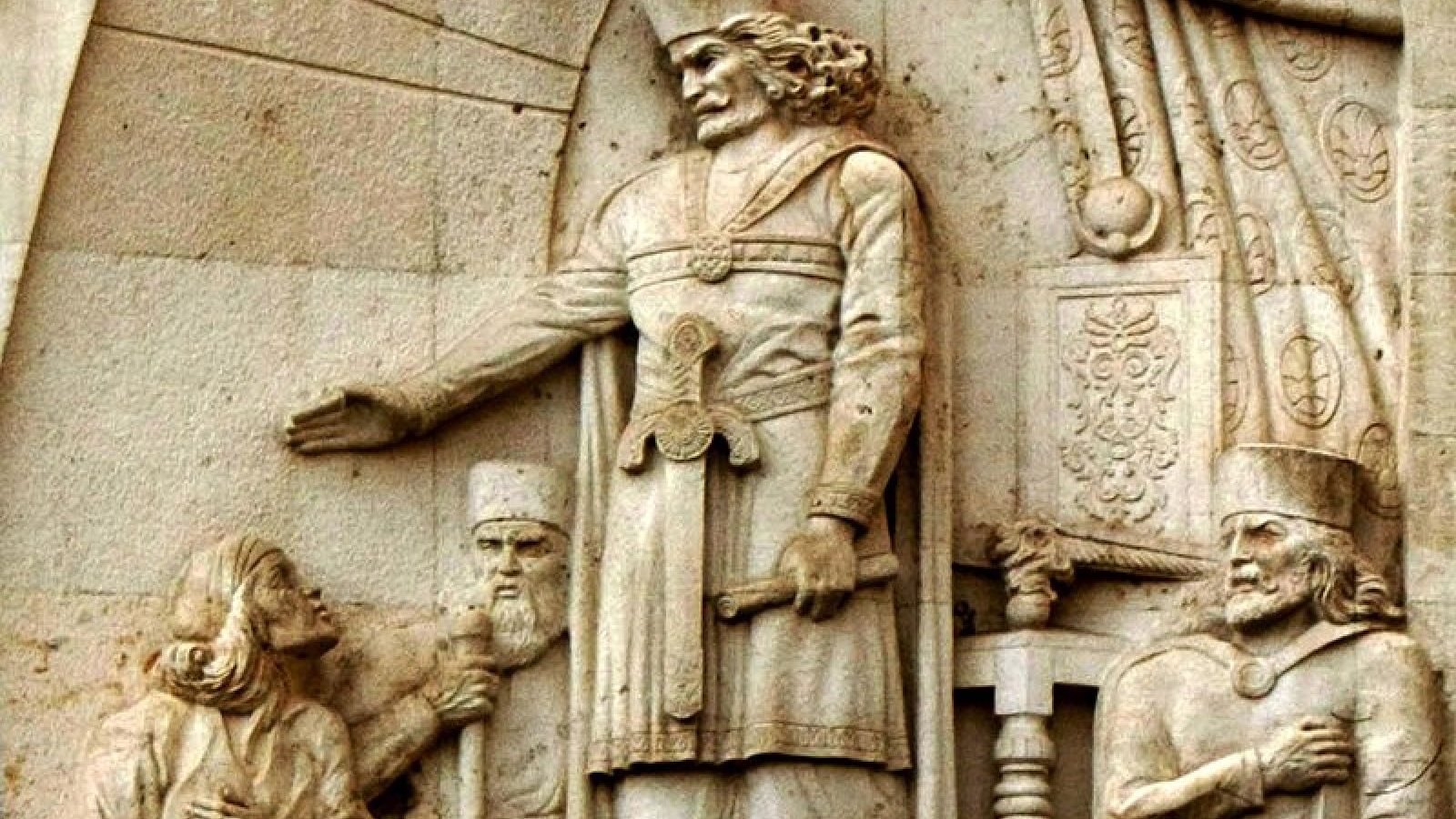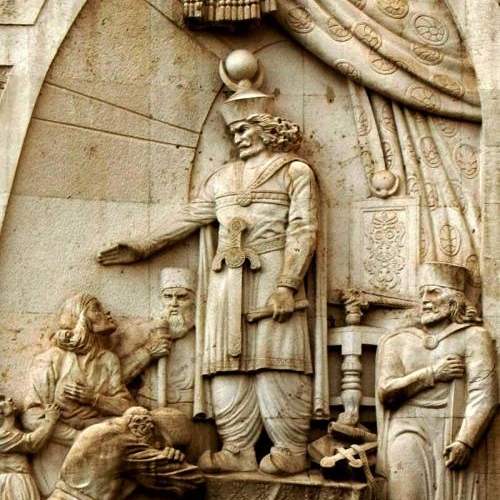Before Reza Shah, based on the old routine and without systematic laws, complaints and lawsuits were

Justice
Before Reza Shah, based on the old routine and without systematic laws, complaints and lawsuits were dealt with by rulers and mullahs based on Sharia and customary principles. The mullahs issued votes based on their wishes and because the basis of their work was according to Islamic law, without considering human rights, non-Muslims were also treated with the same so-called Islamic laws, and sentences such as amputation, whipping, etc. were implemented.
Before Reza Shah, based on the old routine and without systematic laws, complaints and lawsuits were dealt with by rulers and mullahs based on Sharia and customary principles. The mullahs issued votes based on their wishes and because the basis of their work was according to Islamic law, without considering human rights, non-Muslims were also treated with the same so-called Islamic laws, and sentences such as amputation, whipping, etc. were implemented. . After Reza Shah took office, a delegation of Iranian scholars and lawyers was formed under the chairmanship of Ali Akbar Davar, and with the employment of lawyers and consultants from Belgium and France, Iran's civil, criminal and criminal laws were drafted based on the protection of individual and social rights and the equality of all before the law. , was prepared without considering social class or religion. After this, Sharia courts were closed and Iran's judiciary was established. At the same time, law schools were also built to take over the education of this sector. Also, the matters of marriage and divorce and the transfer of documents, which were previously under the control of Iranian mullahs, came under the supervision of the Ministry of Justice with the establishment of official offices. Also, the right of capitulation was canceled during this period. Unfortunately, after the 1979 rebellion, the law enforcement conditions in Iran returned to the time of Qajar
